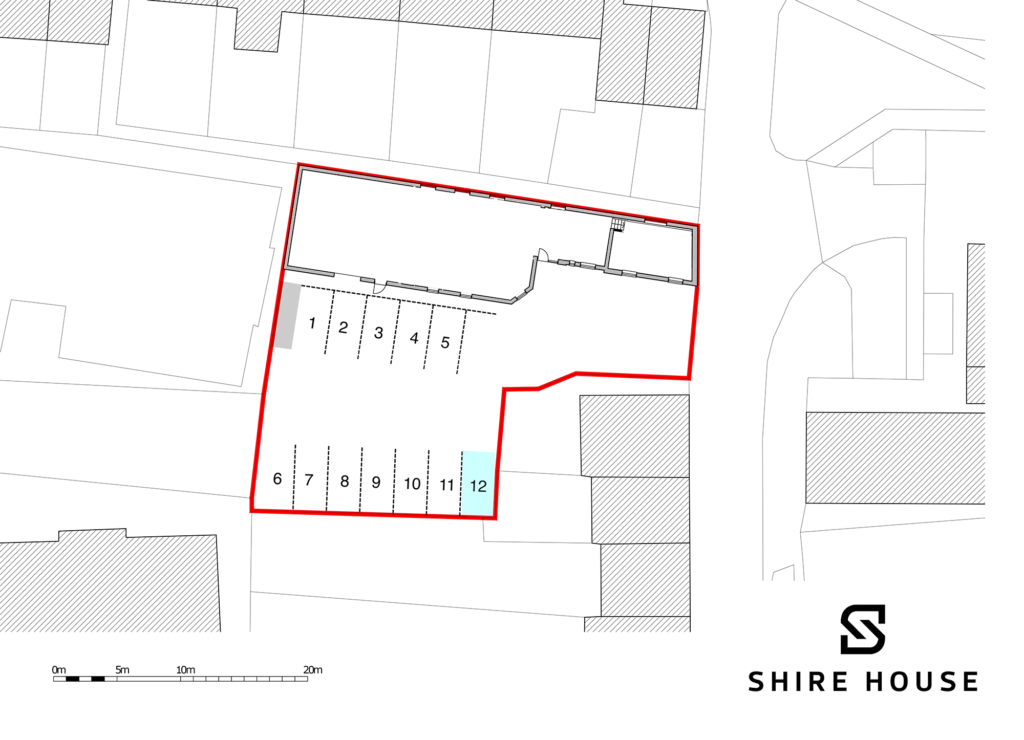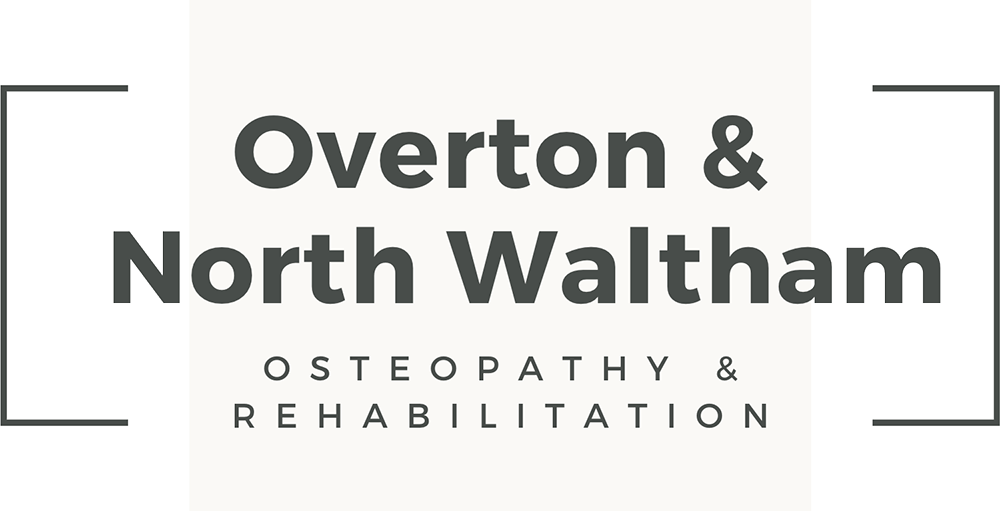Contact Us
Address
Shire House, Waltham Road, Overton, Hampshire, RG25 3NJEmail Us
Opening Times
8am - 8pm Monday - SaturdayOnline Booking
Call Us
Where to Park

FAQ's
Informed Consent. What should I expect to happen on my first visit?
1. I will make you feel at ease during your first consultation and any subsequent appointments and tell you what is happening throughout.
2. You can ask questions at any point during the appointment.
3. It is perfectly fine to have a friend or family member accompany you to your consultation if you feel more comfortable. However, for patients under the age of 16, an adult or appointed representative must be present during the consultation. Before booking an appointment, it is recommended that you discuss this requirement with the practitioner to determine if a specialist in pediatric conditions would be best suited for the patient’s individual needs.
4. During your first visit, I will discuss your current and past medical history with you in detail before we start the examination. Please note that all the information you share with me during the appointment will be kept confidential. I will only disclose your medical information to another healthcare provider if you give me your consent or if there are specific circumstances that legally require me to do so.
4.a. It is essential that you inform me about any health condition, changes in your health no matter how minor or unrelated they may feel or any medication you take during the case history-taking process, e.g., if you experience fits, have a pacemaker or other electrical implants fitted, suffer unaccountable double vision, vomiting or dizziness, or have difficulty swallowing.
4.b.Equally, you should inform us if you are receiving treatment or taking medication for other conditions, particularly diabetes, cancer, osteoporosis, asthma, or clotting disorders.
4.c. Robert Green is a registered and regulated Osteopath. Please note that he does not diagnose illnesses. If further medical investigations are required, Robert Green may contact your doctor with your permission. This may involve disclosing details of medical information, notes held, and/or treatment received at the practice.
5. As the consultation progresses, you may be asked to remove some of your clothing as appropriate for the condition being assessed. This is necessary for a series of observations and relevant physical and clinical examinations to be made. Sometimes, it may be required to dress down to your underwear. However, if you feel uncomfortable with this, please let us know, and we will discuss arrangements to make you more comfortable.
6. You should ask questions about any concerns or discomfort during treatment and tell your practitioner if you are uncomfortable with specific osteopathic treatment.
7. Consent is an ongoing process, and the completion of a consent form is an isolated event. Though you may give informed consent today, you are not obligated to consent for future treatment. You can refuse examination or treatment (or any part of examination or treatment) now or in the future without jeopardising future appointments at this clinic.
Is treatment safe?
Robert Green has completed years of rigorous training to become a registered and regulated Osteopath. This training equips Osteopaths with the knowledge and skills to conduct examinations and screenings to identify potential issues, and to determine which techniques can be safely used for treatment. This also ensures that patients are not exposed to any unnecessary risks due to treatment.
A lot of patients seek help from Osteopaths to alleviate their painful symptoms. However, some of them might experience some initial aching for about 24 to 48 hours after the treatment. But, as the treatment progresses, they start to get relief from their symptoms. Researchers have conducted studies to understand the common responses to manual therapy treatment. According to these studies, approximately 10-20% of patients might experience local discomfort, tiredness, headache or stiffness after the treatment.
The likelihood of experiencing severe side effects, such as nerve or artery damage, as a result of treatment is extremely low, occurring less frequently than 7 to 10 times in every 100,000 treatments. When it comes to treating musculoskeletal pain, manipulation carries a similar level of risk as other types of treatment, such as exercise or analgesic drugs, and is less risky than prolonged use of analgesics.
What People Have Been Saying
"I had been suffering from pain in my shoulder, with shooting pains and numbness in my hand for months. Rob performed a mixture of manipulations and therapeutic massage and my symptoms disappeared. I am delighted to say that thanks to Rob, I am pain-free! I would thoroughly recommend his services!"
"After my jaw locked, I was in agony and struggled to eat. During Rob’s treatment, I could feel the pain in my jaw easing, and afterward, my jaw was back to normal with my pain gone completely. I would recommend Rob. He was gentle, professional and instantly calmed my nerves"
"I have seen Rob twice now, and he is very caring and thorough with his treatments. He goes above and beyond to ensure his patients are well informed about the treatment and gave me excellent after-care advice, too. Thank you Rob."
